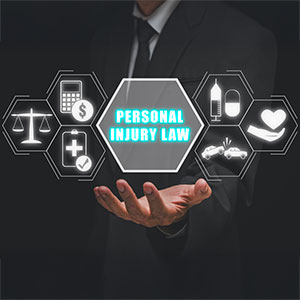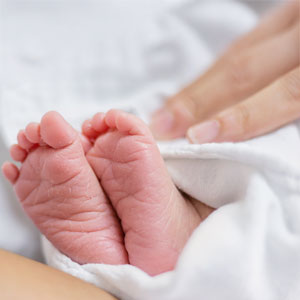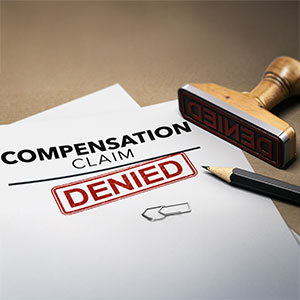Liability For Battery Acid Spilled Onto Roadway
Personal InjuryIn the case of Simon’s Trucking, Inc. v. Lieupo, Case Number 1D17-2065, the First DCA held that section 376.313, Fla. Stat. does not permit a private right of action for personal injuries and certified a question of great public importance to the Florida Supreme Court.
Facts Of The Case
Lieupo was a tow truck driver who claimed an injury resulting from battery acid being spilled on the roadway by a tractor-trailer (transporting batteries) was involved in a crash. Lieupo claims that he came in contact with the battery acid and was awarded $5,211,500 in damages by the jury. The trucking company appealed.
It is interesting to note that the trucking company argued at trial that Lieupo’s injuries were caused by ant bites rather than battery acid and that his medical expenses were paid by workers’ compensation.
Regardless, the sole issue on appeal was whether section 376.313, Fla. Stat. allows for recovery of personal injuries.
Section 376.313 allows for recovery of damages under a “strict liability” theory of liability. This ordinarily means that the person responsible for the injury must pay regardless of whether they did anything wrong or could have done anything better. In other words, strict liability means that you are responsible even if you took every precaution that you possibly could have.
Strict liability claims in Florida are often product liability claims. However, this case involves a motor vehicle collision on the roadway (for which there was likely negligence by someone) and the transportation of a product that has the potential to cause serious bodily harm (transporting battery acid might be considered ultrahazardous work due to the fact that a spill is a professional cleanup job).
See Price v. Florida Power & Light Co., 159 So.2d 654 (Fla. 2d DCA. 1963) as to a discussion of strict liability for ultrahazardous work.
As described by Florida Standard Civil Jury Instruction 401.14c, the:
performance of work is ultrahazardous if there is a real and substantial danger inherent in the work itself and if the work is of such a nature that, in the ordinary course of events, performance of the work will probably cause injury if proper precautions are not taken
Notwithstanding, a court could determine that transporting batteries is not ultrahazardous work and could be an explanation of why such a claim was not brought by the plaintiff.
Question Of Great Public Importance Certified
The dilemma for the First DCA was whether to apply Chapter 376 only in terms of property damage as opposed to personal injuries. The purpose of Chapter 376 was to protect coastal waters and adjoining land as well as to combat pollution to surface and ground waters.
Revisions to the statute in 1983 permit “any person [to] [bring] a cause of action … for all damages resulting from pollution…” However, parts of Chapter 376 existing before 1983 specifically only provided for damages to property (excludes “all living things…”).
This is where courage on the part of a plaintiff’s attorney kicks in. If the 1983 amendment to the statute says “all damages,” then why is personal injury not included if an injured person can prove an injury directly caused by pollution?
The First DCA certified the question of great public importance and, hopefully, the Florida Supreme Court will find the issue compelling enough to write an opinion considering that there was a $5 million jury verdict. The verdict is also enough to make light of the trucking company’s ant bite defense. As with many personal injury questions, political bias may have an impact on the outcome.
Where Do Things Go From Here?
Plaintiffs injured in Florida as a result of pollution will have to wait for a written opinion from the Florida Supreme Court in order to successfully make a claim under Chapter 376 for personal injuries. In the meantime, Plaintiffs should try to pursue other legal remedies (traditional negligence theories), if available, for compensation for these injuries.
Contact Us To Discuss Whether You Have A Case For Personal Injuries Caused By Pollution
A consultation with a Lakeland, FL personal injury attorney to discuss whether you have a collectible personal injury case is free. If we believe that you have a case, we will invest in your case with the risk of not getting paid as in all personal injury cases on a contingency fee basis. This means that there are no attorney fees or costs unless money is recovered for you.
Call today to schedule your free consultation.


